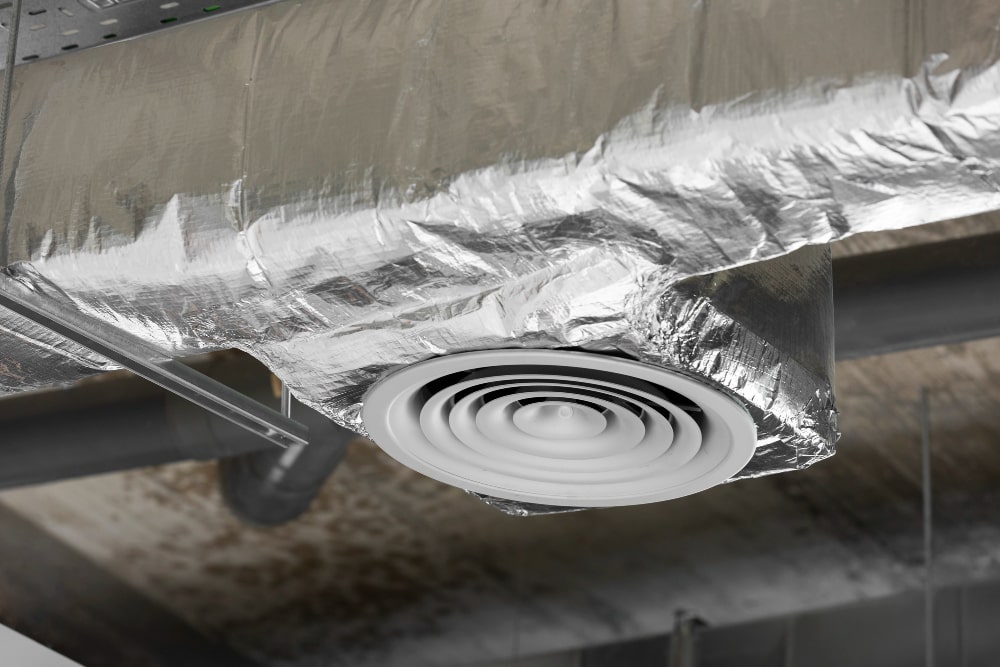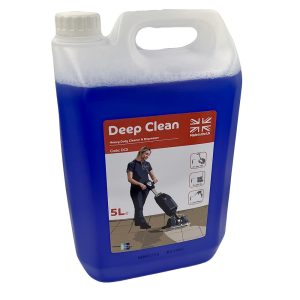TR19 Compliance Checklist for Commercial Kitchens: Ensuring Safety and Efficiency

Operating a commercial kitchen safely and efficiently involves more than just cooking great food. One often overlooked aspect is maintaining clean ductwork and ventilation systems. Adhering to TR19 guidelines is crucial for fire safety, hygiene, and operational efficiency. Here’s a comprehensive checklist to help your kitchen stay TR19 compliant and avoid potential risks.
Understanding TR19
TR19 is a set of standards established by the Building Engineering Services Association (BESA) focused on cleaning ventilation systems in commercial kitchens. These standards aim to mitigate fire risks, enhance indoor air quality, and ensure ventilation systems operate effectively.
Importance of TR19 Compliance
– Fire Safety: Grease buildup in kitchen ducts is a significant fire hazard.
– Health and Hygiene: Clean ventilation systems help prevent the spread of contaminants.
– Regulatory Compliance: Many local authorities and insurance providers require TR19 adherence.
– Operational Efficiency: Well-maintained systems are more efficient, saving energy and reducing wear and tear.

TR19 Compliance Checklist
Here’s a detailed checklist to ensure your commercial kitchen adheres to TR19 standards:
1. Routine Inspections
– Frequency: Conduct inspections at least twice a year, or more often based on usage and cooking type.
– Scope: Inspect all ductwork, hoods, filters, and extraction fans.
– Records: Maintain comprehensive records of all inspections, noting dates, findings, and any corrective actions.
2. Cleaning Schedule
– High-Use Kitchens: Clean ductwork every 1 to 3 months.
– Moderate-Use Kitchens: Schedule cleanings every 6 months.
– Low-Use Kitchens: Annual cleaning is sufficient.
– Seasonal Adjustments: Increase cleaning frequency during peak periods like holidays.
– Insurance Requirements: Follow any cleaning schedules provided by your insurance company to stay compliant with your policy.
3. Cleaning Techniques
– Manual Scraping: Effective for removing heavy grease deposits.
– Rotary Brush Cleaning: Ideal for duct walls and hard-to-reach areas.
– Steam Cleaning: Sanitizes and removes stubborn grease.
– Chemical Cleaners: Use non-toxic, TR19-approved cleaning agents.
4. Ventilation System Components
– Hoods: Regularly clean hoods and filters to prevent grease accumulation.
– Filters: Replace or clean filters based on usage to maintain efficiency.
– Fans: Inspect and clean extraction fans regularly to ensure they are working correctly.
5. Documentation and Certification
– Before-and-After Photos: Take photos of ductwork before and after cleaning.
– Inspection Reports: Keep detailed reports of each inspection and cleaning.
– Compliance Certificates: Obtain and file certificates of compliance from your cleaning service provider.
6. Hiring Professional Cleaning Services
– Certified Professionals: Employ BESA-certified cleaning services to ensure TR19 compliance.
– Check Credentials: Verify the qualifications and certifications of the cleaning service provider.
– Maintenance Contracts: Establish regular maintenance contracts with your cleaning service for consistent compliance.
7. Staff Training
– Awareness: Educate kitchen staff about the importance of hygiene and fire safety.
– Procedures: Train staff on proper cleaning procedures for spills and how to maintain hoods and filters between professional cleanings.
8. Fire Safety Measures
– Suppression Systems: Install and maintain fire suppression systems in the kitchen.
– Extinguishers: Ensure fire extinguishers are easily accessible and staff are trained to use them.
– Emergency Plan: Develop and regularly update an emergency response plan for kitchen fires.
9. Equipment Maintenance
– Daily Cleaning: Clean cooking equipment daily to reduce grease buildup.
– Preventive Maintenance: Schedule regular maintenance for all kitchen equipment to prevent malfunctions.
10. Compliance Review
– Annual Review: Conduct a comprehensive review of your TR19 compliance annually.
– External Audits: Consider hiring an external auditor to verify TR19 compliance.
Conclusion
Maintaining TR19 compliance in your commercial kitchen is vital for safety, hygiene, and operational efficiency. By following this comprehensive checklist, you can ensure your kitchen remains clean and safe, minimizing fire risks and meeting regulatory requirements.
At One Stop Cleaning Shop, we specialize in all types of cleaning products for commercial kitchens. Our reps are dedicated to helping you maintain the highest standards of cleanliness and safety.
Contact us today to have a chat and ensure your kitchen stays TR19 compliant.
Keep your kitchen safe, clean, and compliant with One Stop Cleaning Shop – your trusted partner in commercial kitchen cleaning.
====

Don’t forget to follow us on our socials for our latest updates:

